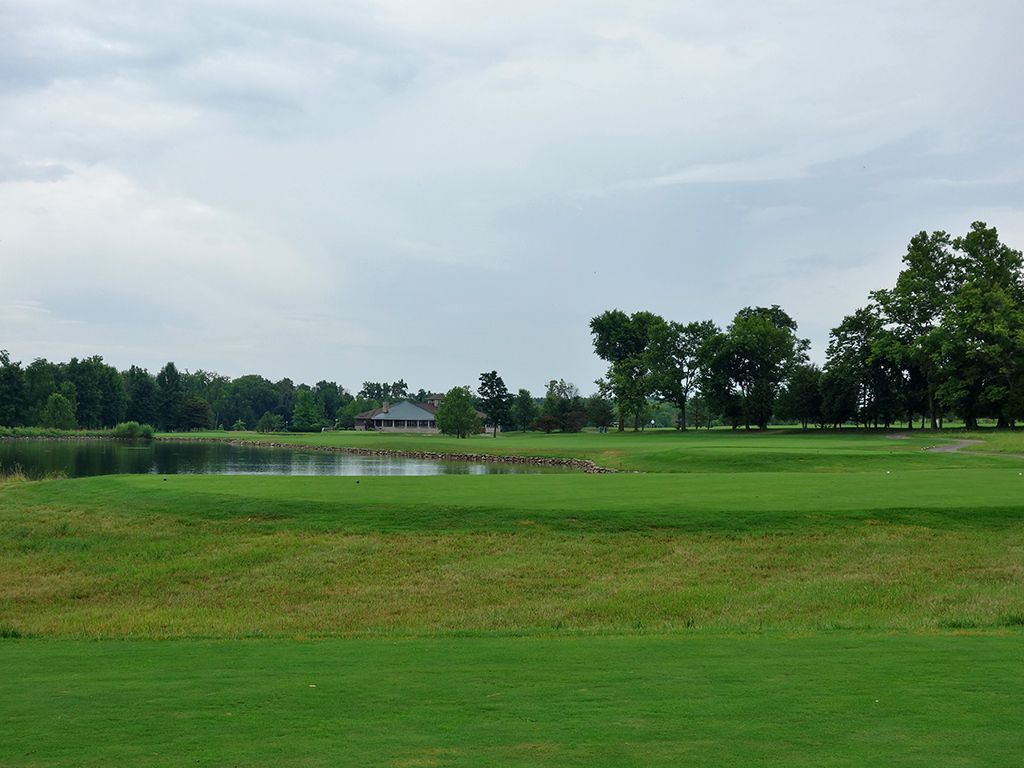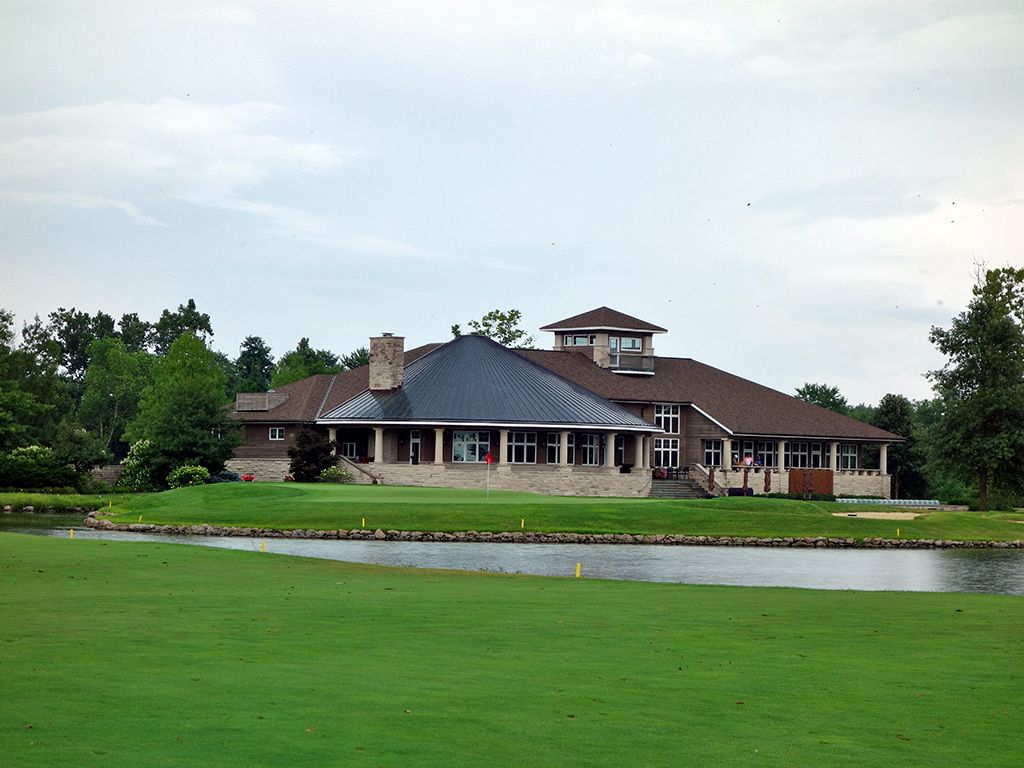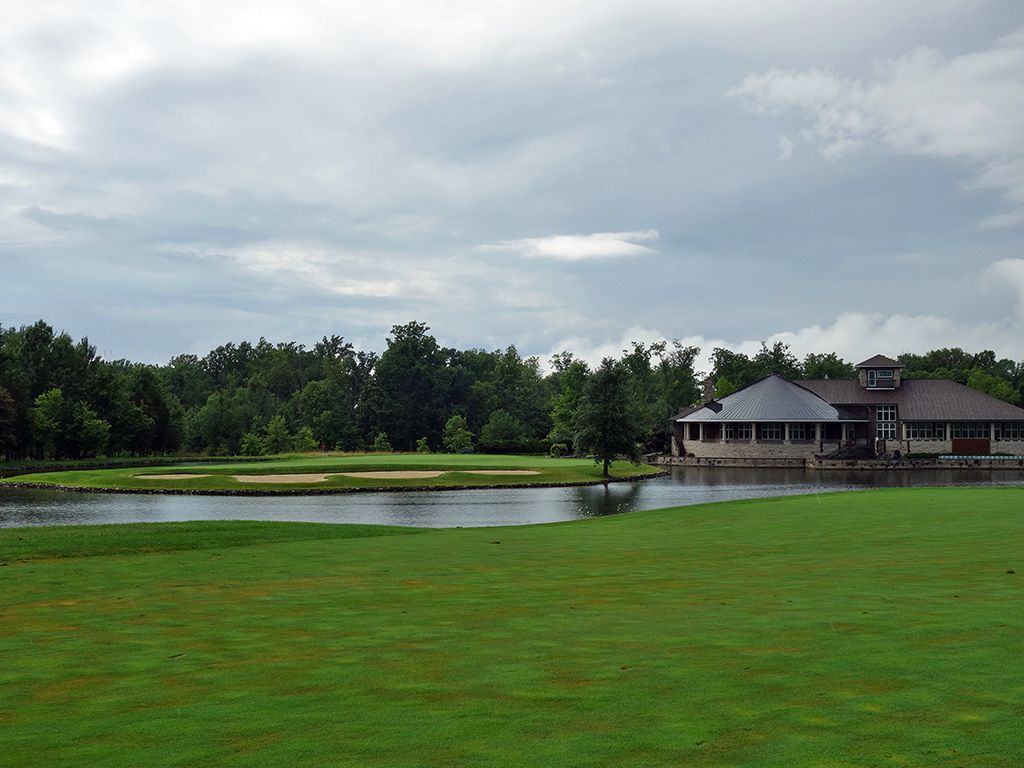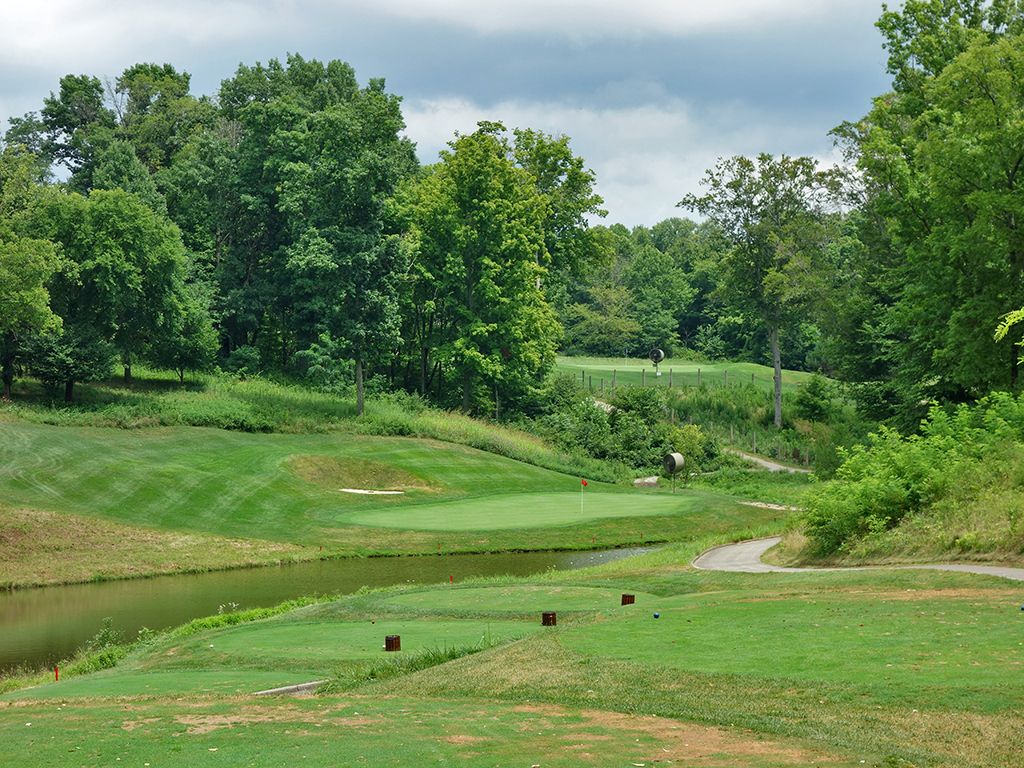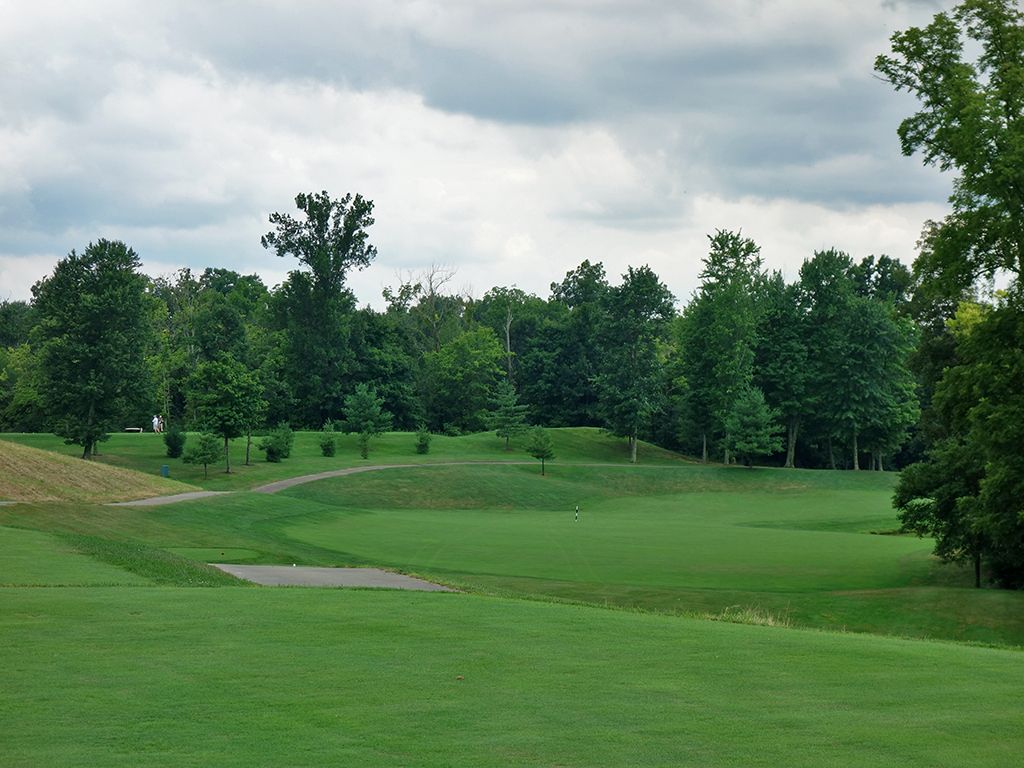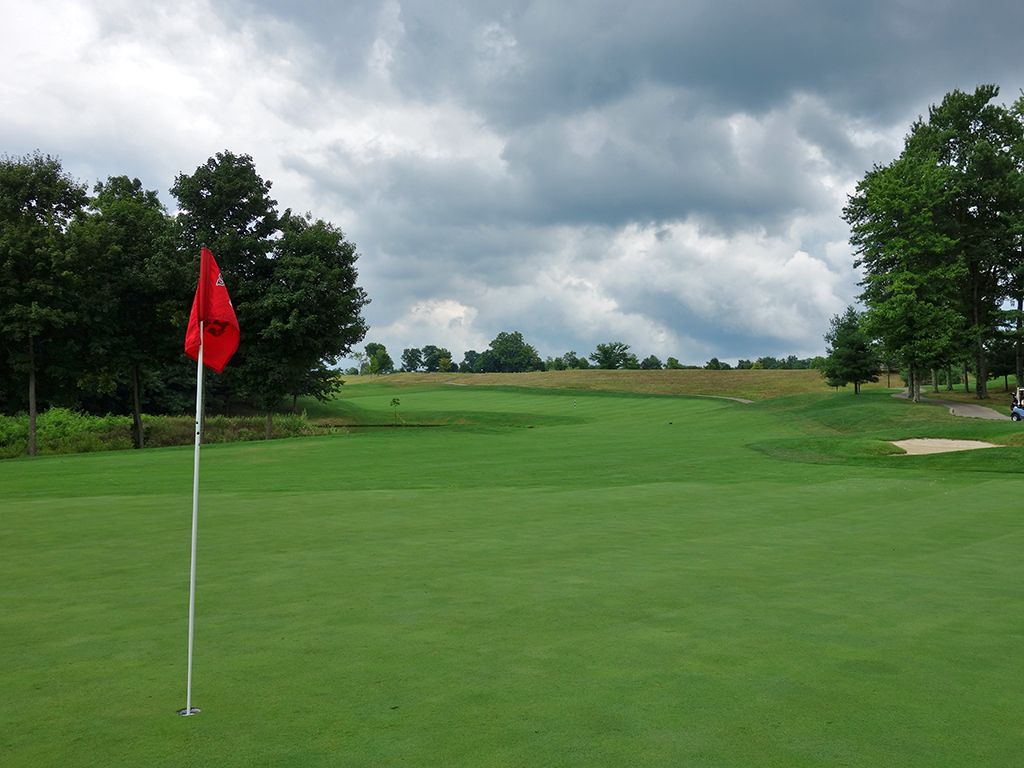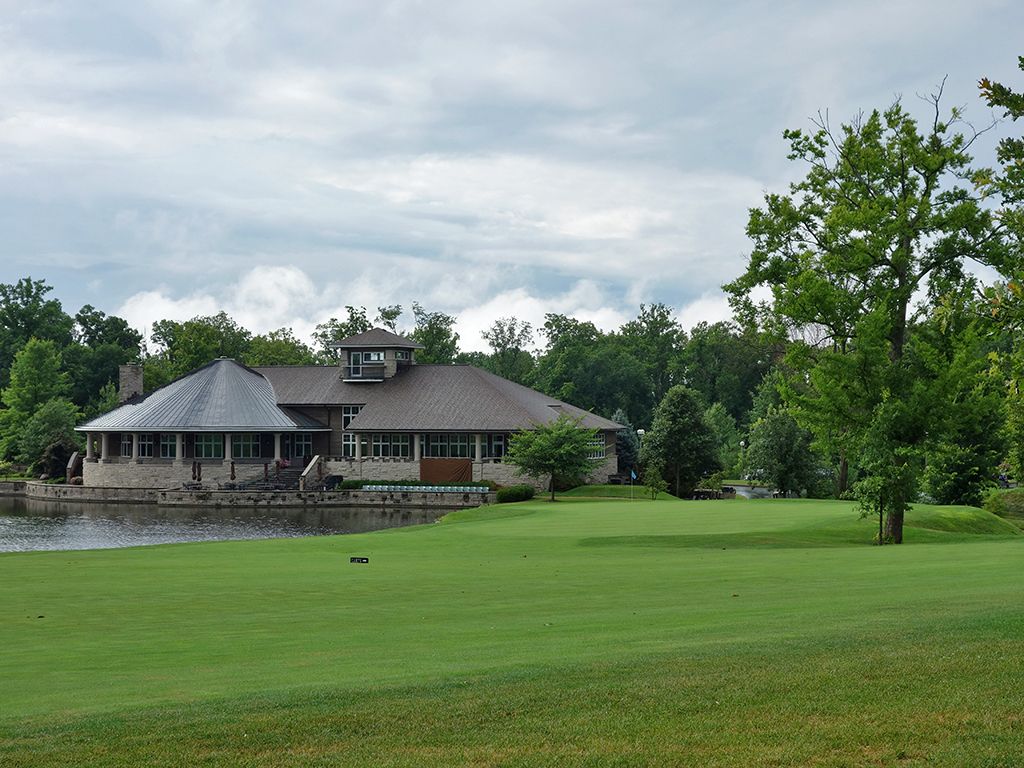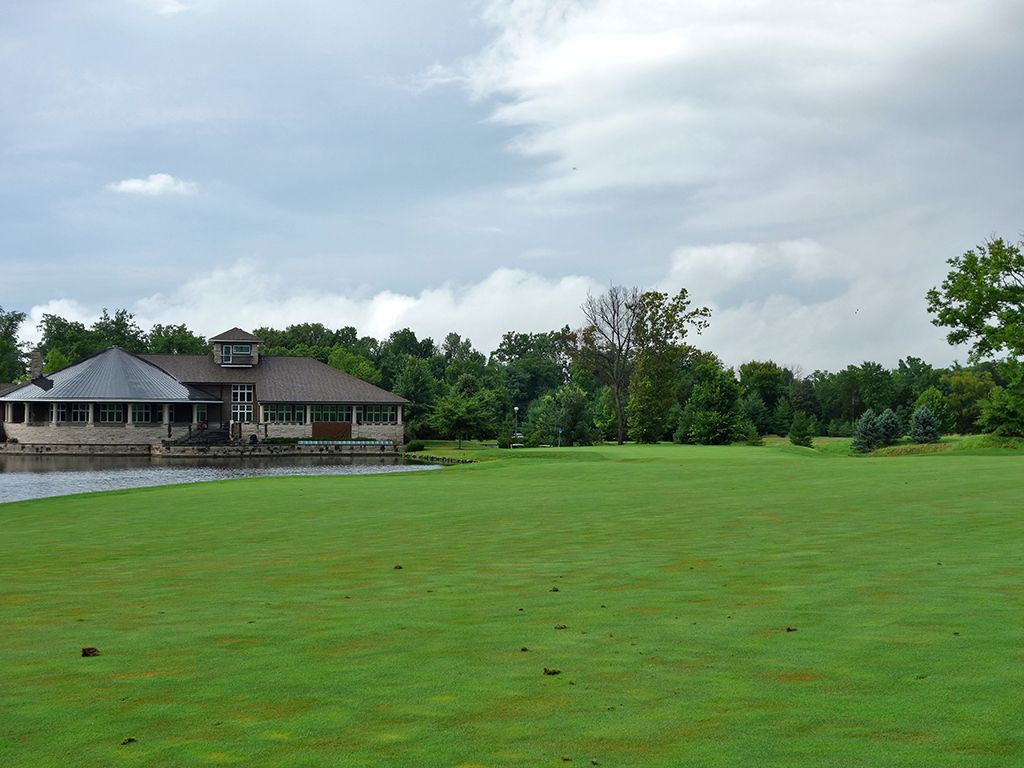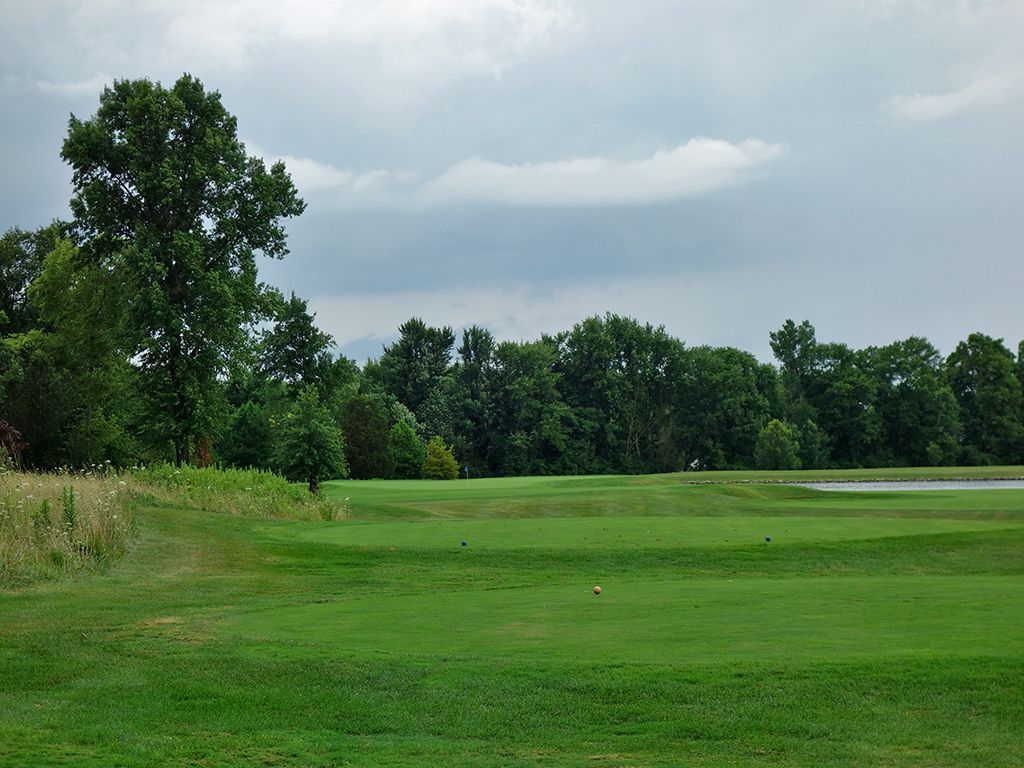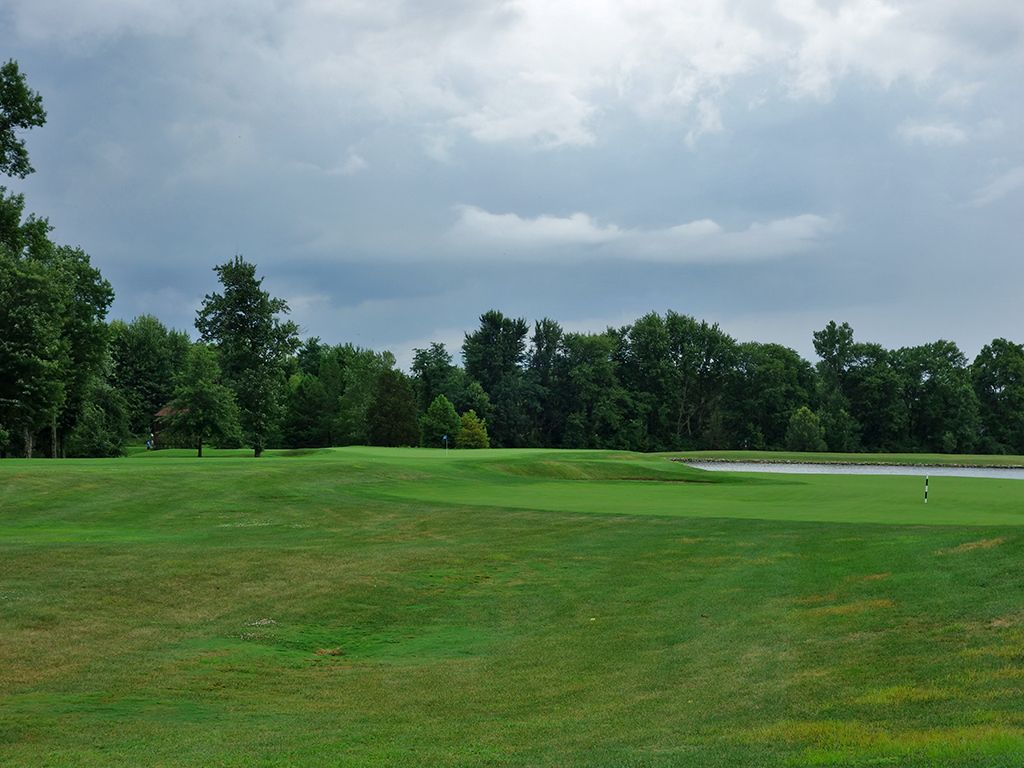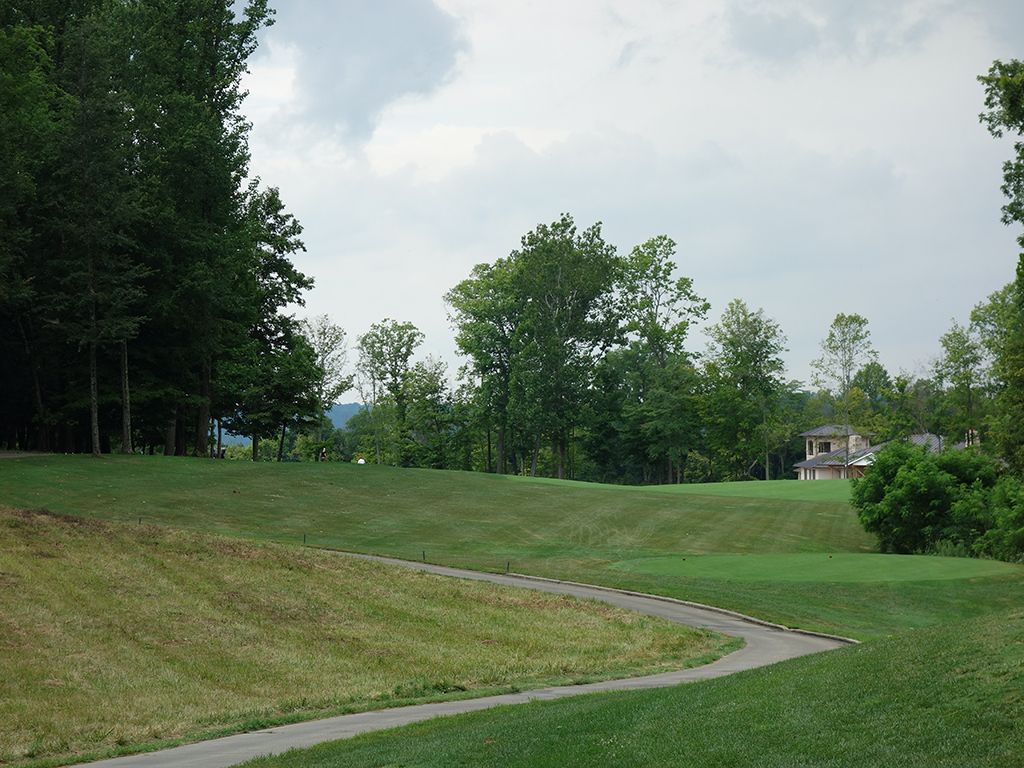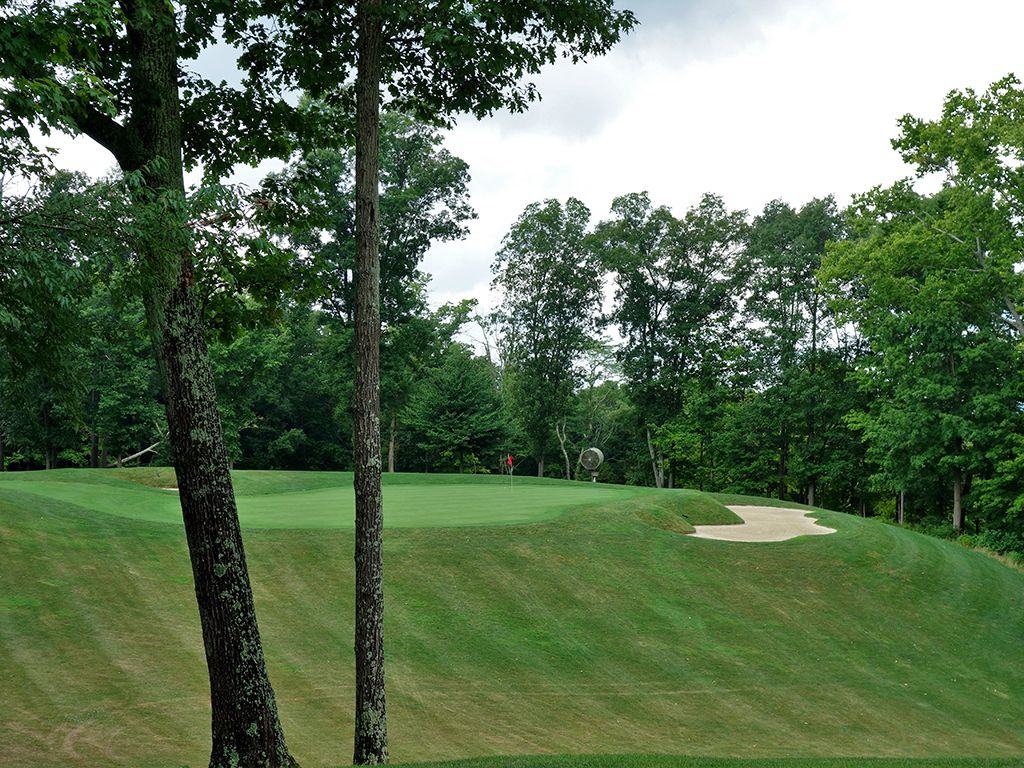 Golf Course Review by: Billy Satterfield
Golf Course Review by: Billy Satterfield
Rankings:
The Takeaway: Stonelick Hills is the result of one man's dream. Standing as the first and only course designed by Jeff Osterfeld, founder of Penn Station East Coast Subs, Stonelick has some creative hole designs highlighted by a climatic finish on the closing three holes. The thick trees outside the fairways, elevation changes, and overall length of the course provide a strong challenge on one of Cincinnati's best public courses. Grade B-
Quick Facts
Designer: Jeff Osterfeld in 2004
Cost: $39.00 - $85.00 (includes cart) Click for current rates
Phone Number: (513) 735-4653
Course Website: Official Website - Visit Stonelick Hills Golf Club's official website by clicking on the link provided.
Directions: Get here! - 3155 Sherilyn Ln, Batavia, Ohio 45103 – UNITED STATES
Photos: See additional photos of Stonelick Hills Golf Club
What to Expect: Located east of Cincinnati, Stonelick Hills is one of the area’s best public courses. Founded and designed by Jeff Osterfeld, founder of Penn Station East Coast Subs, the course is located on varied property with some healthy elevation changes and thick trees that create the outer boundaries. As one might suspect at a course designed by an armchair architect, there are some amateur features in the design that stand out at times but can mostly be overlooked. Osterfeld’s favorite hole, the 11th, is found on a back nine that includes three par 3s, three par 4s, and three par 5s. The 11th is a short dogleg left that features a trio of bunkers on the inside corner of the fairway and a lake on the far side of the fairway. Players must decide whether to layup short of all the trouble and take a longer approach in or whether to challenge the bunkers and narrow landing area beyond in hopes of having a short chip into the green. Overall the routing isn’t quite as fluid as you’d like to see and would be difficult for a walker to play with clubs on their back. However, the final three holes around the water are a climatic finish on a course characterized by two very memorable par fives that act as the finishers of each nine. The course is maintained well for a public course but not at the same level you’d expect to see at private clubs or high end daily fee tracks. One piece of advice I’d offer is to not over read the greens; there are straight putts all over the place at Stonelick so take advantage of it by rolling the rock with confidence. On a side note, I’ve seen a ton of wildlife on golf courses ranging from gators, to elk, to bobcats, and more; but Stonelick Hills was the first time I had seen a buffalo. Duff and Divot are a pair of bison that roam in a 4.5 acre pen fenced off the first hole; unique indeed.
By the Numbers
| Tees | Par | Yardage | Rating | Slope |
|---|---|---|---|---|
| Black | 72 | 7171 | 73.9 | 133 |
| Gold | 72 | 6836 | 72.6 | 131 |
| Blue | 72 | 6495 | 70.8 | 129 |
| Combo | 72 | 6128 | 69.1 | 123 |
| White | 72 | 5841 | 67.8 | 116 |
| Red (Women) | 72 | 5116 | 69.1 | 118 |
Individual Hole Analysis
Signature Hole: 9th Hole – 559 Yard Par 5 – The ultimate risk/reward hole and a daring way to finish the front nine. Frankly, this would be a dramatic finishing hole for a match play competition where anything could happen. The tee shot plays to a fairway that is flanked by water on the left and sets up a decision to be made. The safe play is to advance your ball to the second fairway up and to the left while the daring play goes straight at the island green which requires a carry over water most of the way on its flight. Even the player that lays up will be required to hit a shot over the water to a green featuring a bunker at the front right portion of the putting surface. Love island greens or hate them, this is the hole everyone will remember at Stonelick Hills.
Best Par 3: 3rd Hole – 184 Yards – The attractive 3rd is the shortest of the par threes and requires the most focus to score well on. The tees wrap around a pond on the right side and keeps water between the tees and green no matter where you are hitting from so you need to carry the ball all the way to the putting surface. The green is much deeper than it is wide so you have some forgiveness with your length but missing right is wet and missing left could leave you in a nasty little bunker with a sand shot going back towards the pond. There really isn't a lot of safety outside of the putting surface, so make sure to hit the green here to avoid a big number.
Best Par 4: 7th Hole – 400 Yards – The downhill 7th hole is a fun hole with some solid strategy to contend with. The fairway doglegs right around a pond with a 250 yard tee shot bringing in the further left point of the water into play. You don't want to flirt with that line, unless you can carry the water, since the fairway tilts slightly towards the water and can give you an unfavorable kick if you get too greedy. Staying up the left side provides a great angle into the green and some favorable kicks off the side hill that frames that side of the fairway. On the approach shot take the shorter of the two clubs if you are in between because pars are much more salvageable short than long here.
Best Par 5: 18th Hole – 591 Yards – Par fives conclude each set of nines and both are memorable to say the least. The 18th features two separate fairways along with way with the first one being flanked on the right by a large pond which encourages to you favor the left side. On the second shot the water that surrounds the island green 9th suddenly becomes a hazard up the left side of the second fairway. Whether you are going for it in two or waiting until your third, the shot into this green has to be precise as missing left is wet and missing right is sandy. This is a uniquely shaped hole that should be plotted along wisely otherwise you could go home with a fat number at the end of your scorecard.
Birdie Time: 16th Hole – 338 Yard Par 4 – My favorite hole at Stonelick Hills is this short par four that begs for players to take a rip at the green, especially if the hole is playing downwind. Eight tee boxes, three bunkers, and two fairways are featured on this hole chuck full of options and how you play it can strongly be determined by the day's pin placement. The Y shaped green makes a back left pin best approached from the right fairway while pins on the right side of the green have more forgiveness but are still better approached from the left fairway. Either way you go you will be left with a scoring club in your hand and a chance to hit your approach tight for a nice birdie chance. Even if you screw up and knock it in the water off the tee, you'll have a good chance to get up and down and at least walk away with a par.
Bogey Beware: 5th Hole – 502 Yard Par 4 – There is nothing kind about this 500+ yard behemoth of a hole. The tee shot plays to a mostly blind landing area though tee shots that favor the right side can find a spot you'll be able to see. Going at the blind left side will challenge the dogleg and shorten the hole if you can avoid the trees protecting that line. The approach shot plays to a green that is completely fronted by a steep slope that will quickly repel shots that aren't given sufficient power on the way in which can happen rather easily considering most players will be 200+ yards away. A bail out area exists to the left, but a deep bunker runs the entire right side of the green which is still better than hanging it further right into the forest where a lost ball is almost a sure thing. This hole is borderline sadistic and pars should be celebrated like a birdie.

